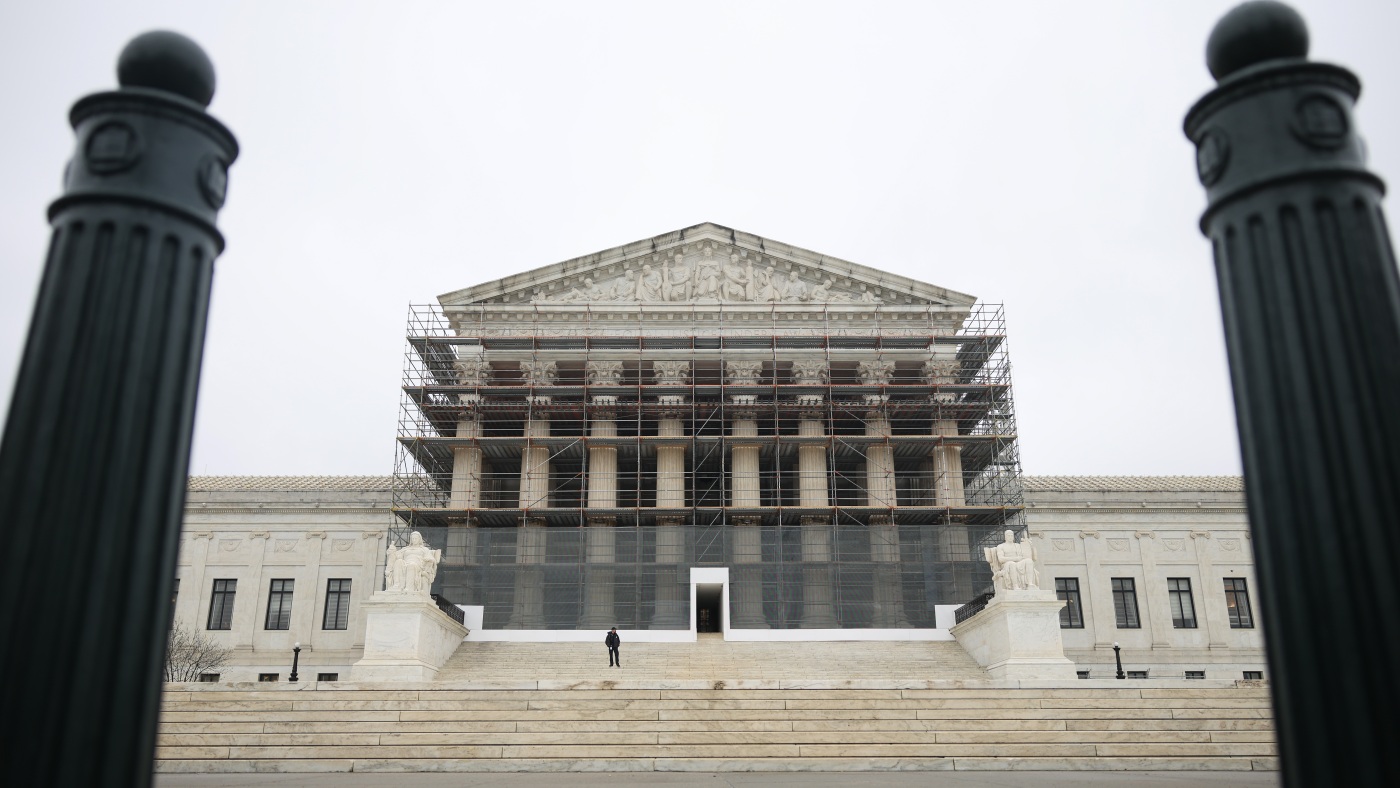The recent United States Supreme Court decision exempting Catholic Charities Bureau (CCB) from Wisconsin’s unemployment compensation tax program signals a profound evolution in the interpretation of religious liberties within the framework of state tax laws. This unanimous ruling delicately balances constitutional protections with the reach of governmental authority, underscoring the intricate relationship between faith-driven missions and secular regulatory mechanisms. Exploring the ruling’s background, judicial reasoning, and wider implications reveals a narrative of expanding religious protections while grappling with the practical consequences for tax policy and worker rights.
The Road to the Supreme Court: Context and Controversy
At the heart of the dispute lies Wisconsin’s insistence that Catholic Charities, despite its religious foundation, did not merit exemption from unemployment taxes because its operations primarily deliver social services rather than traditional religious rituals. Wisconsin’s Labor and Industry Review Commission, supported by state courts including the Wisconsin Supreme Court, framed this separation narrowly: religious exemption applied only to activities explicitly religious in character.
This interpretation collided with Catholic Charities’ First Amendment claim that imposing unemployment taxes created an undue burden on their religious exercise. The charity argued its broad social mission was inherently religious, intrinsically woven into its faith and doctrinal convictions. Taxation undercut this mission, imposing costs that affected its ability to carry out religiously inspired outreach.
Unanimous Judgment: Redefining Religious Exceptions in Tax Law
The Supreme Court’s reversal marks a decisive rejection of Wisconsin’s constrained view. The justices emphasized that religious identity and exercise cannot be confined to formal worship or clerical functions alone. Instead, they recognized social service activities as genuine expressions of faith, deserving constitutional protection from discriminatory tax treatment.
In effect, the Court articulated a nuanced principle: states may not condition tax exemptions on a strict categorization of what counts as ‘religious activity.’ This broad interpretation acknowledges the diverse ways faith manifests in organizational missions. The ruling highlights that free exercise protection extends to faith-driven social engagement, and states risk violating the Constitution if their tax schemes disproportionately target such organizations.
Expanding the Definition of Religious Exercise
This decision marks a critical shift from a rigid, ritual-centric understanding of religion toward an inclusive recognition of religiously motivated social action. Catholic Charities’ work with vulnerable populations is affirmed as a fundamental dimension of its religious identity. This perspective validates the reality that religious expression is not only about worship services but also about living out faith through community support and charitable works.
Such a stance redefines the landscape for religious exemptions more broadly, signaling to legislatures and courts that exemptions should accommodate the multifaceted nature of religious organizations. Faith communities now have firmer ground to assert that their mission-driven activities warrant protection, even when those activities align with social services typically performed by secular entities.
Constraints on State Taxation Power
By affirming the constitutional limits on state taxation, the Court sends a clear message that tax regimes must respect religious freedom and cannot impose undue burdens on religious entities. Wisconsin’s approach, which effectively singled out Catholic Charities based on the content of its mission, was deemed discriminatory. This ruling prompts states to review and potentially revise their tax statutes and administrative practices to avoid infringing on constitutional religious protections.
The decision also serves as a reminder that tax policies, though ostensibly neutral, may provoke constitutional scrutiny if applied in ways that disproportionately impact religious exercise. This sets a precedent encouraging greater caution and inclusivity in designing exemption criteria that do not marginalize religious organizations engaged in broad community work.
The First Amendment’s Shield: Protecting Faith in Practice
The ruling underscores the robustness of the First Amendment’s Free Exercise Clause—extending protection not just against direct restrictions on worship but also against subtle indirect burdens like taxation. It clarifies that constitutional rights guard religious bodies against differential treatment based on their faith-based motivations and activities.
Importantly, the Court’s unanimous stance portrays religious freedom as dynamic and expansive, covering a spectrum of faith expressions beyond traditional paradigms. This perspective enriches constitutional interpretation by marrying legal formalism with the lived reality of religious communities.
Navigating Worker Protections and Religious Exemptions
While the Court’s ruling favors religious organizations, it opens complex questions regarding employees who rely on unemployment benefits funded by these taxes. Critics voice concern that tax exemptions for religious entities could shift financial obligations onto other employers or the state, potentially jeopardizing worker security and complicating the administration of benefits.
This tension spotlights a delicate policy dilemma: how to uphold religious liberty without undermining social safety nets designed to protect workers. The ruling implicitly acknowledges these competing interests, suggesting that future legal and legislative efforts must advance frameworks balancing constitutional rights with equitable treatment of employees.
A Defining Moment for Religious Liberty and State Regulation
The Supreme Court’s judgment affirms that religious freedom encompasses more than ritual practice, encompassing mission-driven social engagement integral to faith communities like Catholic Charities Bureau. This expanded recognition limits state tax authority where it infringes on religious exercise, promoting a pluralistic understanding of religious life.
Going forward, this decision will likely influence legislative reforms and judicial assessments of similar disputes, encouraging states to craft tax policies mindful of religious diversity and sensitive to constitutional boundaries. Simultaneously, it invites ongoing dialogue balancing the rights of faith-based organizations with practical concerns like workforce protections and public fiscal responsibility.
By elevating the constitutional status of religious social missions, this ruling marks a compelling advance for religious liberty, signaling that the spirit of faith deserves protection not only in houses of worship but also in the communities that religious organizations serve.











